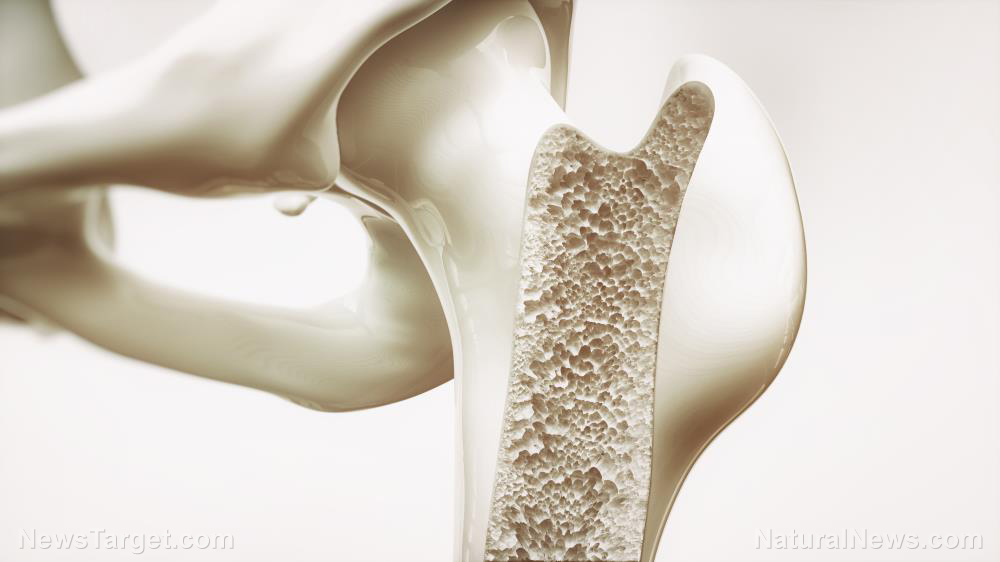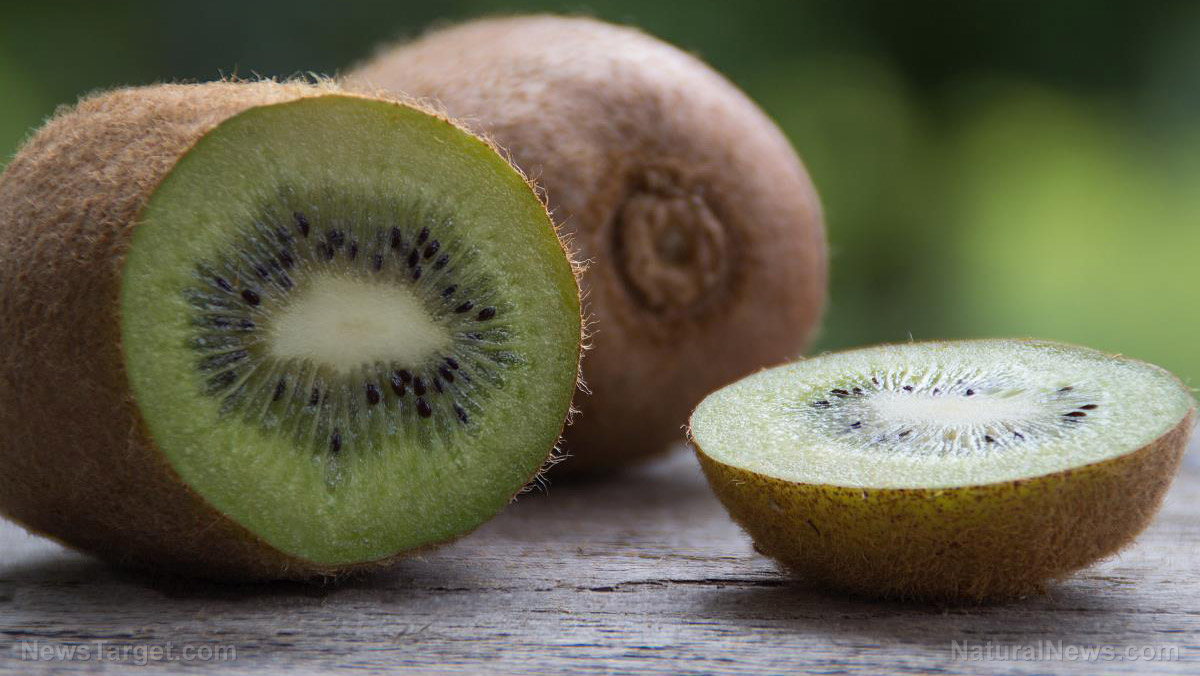
However, although many older folks are diagnosed with cataracts, that doesn’t mean that humans are genetically predisposed to them or that this condition is an unavoidable part of the aging process. In fact, a study by researchers from King’s College London, published in the journal Ophthalmology, found that it is the diet we eat and the lifestyle choices we make rather than genetics that have the most profound impact on the risk of developing cataracts. In particular, the researchers found that increased consumption of vitamin C on an ongoing basis is associated with a 33 percent reduction in cataract progression.
Nutrients, not genetics, have the greatest impact
For their study, the research team collected data from 1,000 pairs of female British twins who were asked to complete questionnaires about their intake of vitamins A, B, C, D and E, the minerals zinc and manganese, and several other nutrients. Digital imaging was then used to assess the progression of cataracts when the study participants were 60 years old.
Ten years after the start of the study, measurements were again taken from 324 pairs of the twins. Medical News Today reported as follows on the results:
The first measurement linked a high vitamin C intake with around 20% lower risk of cataracts. The 10-year assessment revealed a 33% lower risk of cataract progression in women whose diet was rich in foods containing vitamin C.
Genetic factors were responsible for 35% of the difference in cataract progression, while environmental factors, such as diet, accounted for 65%, suggesting that genetic impact on cataract development may be less significant than previously believed.
So, while there is certainly a genetic component to cataract risk, the study makes it clear that whether or not we will develop this debilitating condition as we age rests largely in our own hands, depending on the nutritional and lifestyle choices we make.
Vitamin C: An antioxidant powerhouse
The research team believes that it is likely vitamin C’s antioxidant properties that account for its ability to prevent cataracts. Natural Health 365 reported:
As an antioxidant, vitamin C helps to prevent excessive free radical molecules, which can damage tissue and cells. Antioxidants, like vitamin C, can prevent that damage.
While the fluid around the eye lens is normally already high in vitamin C, the researchers speculate that consuming foods rich in the vitamin give an added boost to vitamin C levels in the fluid, providing additional protection.
The best food sources of vitamin C
It is important to note that the study focused on the consumption of vitamin C derived directly from food sources rather than supplements. So, which foods are highest in this important vitamin?
When we think of vitamin C oranges instantly spring to mind, but there are actually other foods that are far better sources of this vitamin. Other foods that contain high levels of vitamin C include papaya, broccoli, strawberries and cauliflower. Of course, it doesn’t help to increase consumption of these foods if they are drenched in chemical pesticides, so be sure to buy organic, non-GMO produce or simply grow your own! Learn more at Nutrients.news.
Sources include:
Please contact us for more information.























